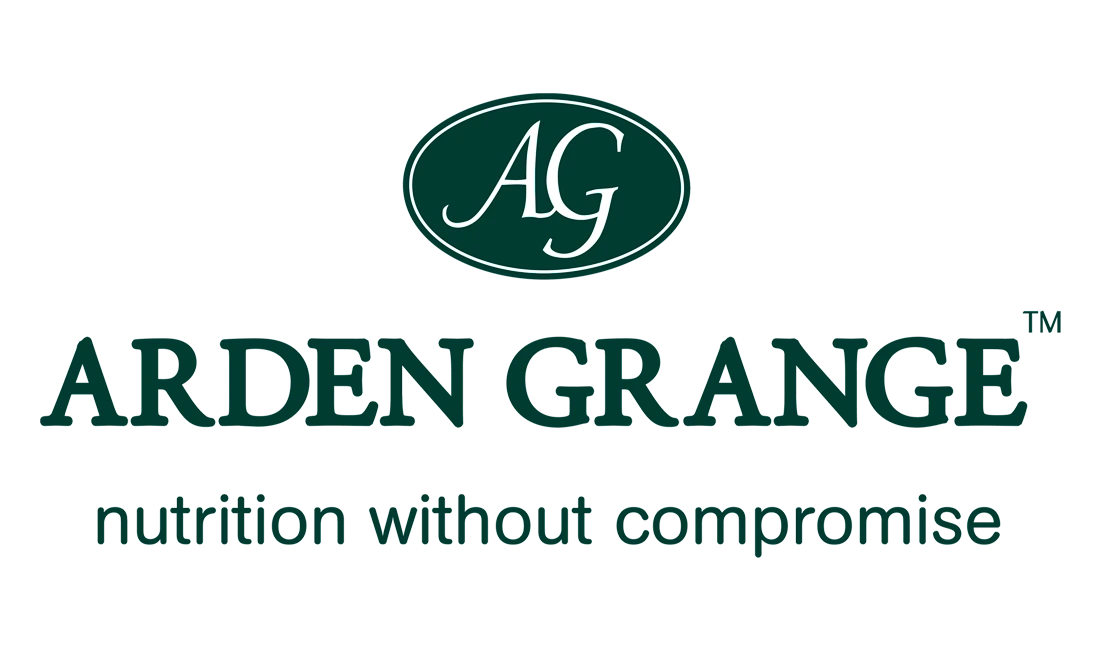Feeding dogs with kidney disease
The severity of renal disease is normally graded in stages. Stage 1 indicates the mildest dysfunction, whilst stage 4 indicates the most serious.
Feeding dogs with renal disease
In cases of chronic renal insufficiency, the aim is to stabilise kidney function and slow further progression of the disease. Renal diets can help to achieve this since they are specially formulated with restricted levels of protein, phosphorous and sodium to lighten the workload of the ailing kidneys, as well address secondary metabolic changes.
Arden Grange regrettably do not manufacture products specific to the dietary management of renal disease. The production of veterinary diets is highly specialised, requiring extensive clinical trials.
Dogs with stage 2 - 4 kidney disease will usually benefit more from a product tailored specifically to their condition than a regular pet food. Protein and phosphorous levels in the Arden Grange products are too high for dogs with Stage 2 - 4 renal disease.
However, dogs with stage 1 renal insufficiency (very mild) and no complications, such as a concurrent condition requiring special nutritional management, may eat a suitable regular diet, providing it is highly digestible and does not supply overly high levels of protein, phosphorous and sodium.
Feeding Arden Grange to dogs with stage 1 renal disease
If your vet agrees, Arden Grange Light (ideally fed soaked, as maintaining good fluid uptake is critical) may be a suitable option as it is our lowest protein diet.
It is also our lowest phosphorous dry food, and sodium falls just on the cusp between the mildly and moderately restricted categories.
Alternatively, a complete wet food such as the Arden Grange Partners Chicken, or a combination of wet and dry food may also be considered.
Other benefits of choosing Arden Grange as the main diet
1. Bioavailable protein at a moderate level.
2. Chicken oil as the primary fat source - very palatable and highly digestible.
3. Krill - an excellent source of Omega-3 DHA & EPA - these essential fatty acids may help reduce blood pressure within the capillaries of the glomerulus (part of the nephron, the functional unit of the kidney.
4. Digestible complex carbohydrates - providing an efficient source of energy, helping reduce gluconeogenesis (sugar production) from protein and fat. Glucose is the only energy source used by the medulla of the kidney, and it is much more easily manufactured from carbs than non-carbs.
5. Moderate level of soluble fibre - to reduce colonic acidity and trap nitrogen.
6. Prebiotics FOS & MOS - which may reduce ammonia concentrations within the intestine. Increased fermentation leads to higher amounts of nitrogen converted into bacterial protein (Howard et al, 2000).
7. Antioxidant plant extracts & antioxidant vitamins - which may help reduce renal oxidative stress by decreasing reactive oxygen species generation [Brown. S, 2008].
Note
Renal disease is often progressive, and close monitoring is required so that further dietary changes can be implemented if necessary in the future. As with any dog under veterinary care for a nutritionally responsive medical condition, we advise asking your vet’s professional opinion as to the suitability of any diet if it is not one that he/she has suggested.
Excerpts from our fact sheet ‘Renal disease in dogs’ by Ness Bird - Nutrition Adviser and RVN Cert CFVHNut ©


 Puppy
Puppy
 Adult
Adult
 Senior
Senior
 Sensitive
Sensitive
 Treats
Treats Kitten
Kitten
 Adult
Adult
 Senior
Senior
 Trusted British Brand
Trusted British Brand

